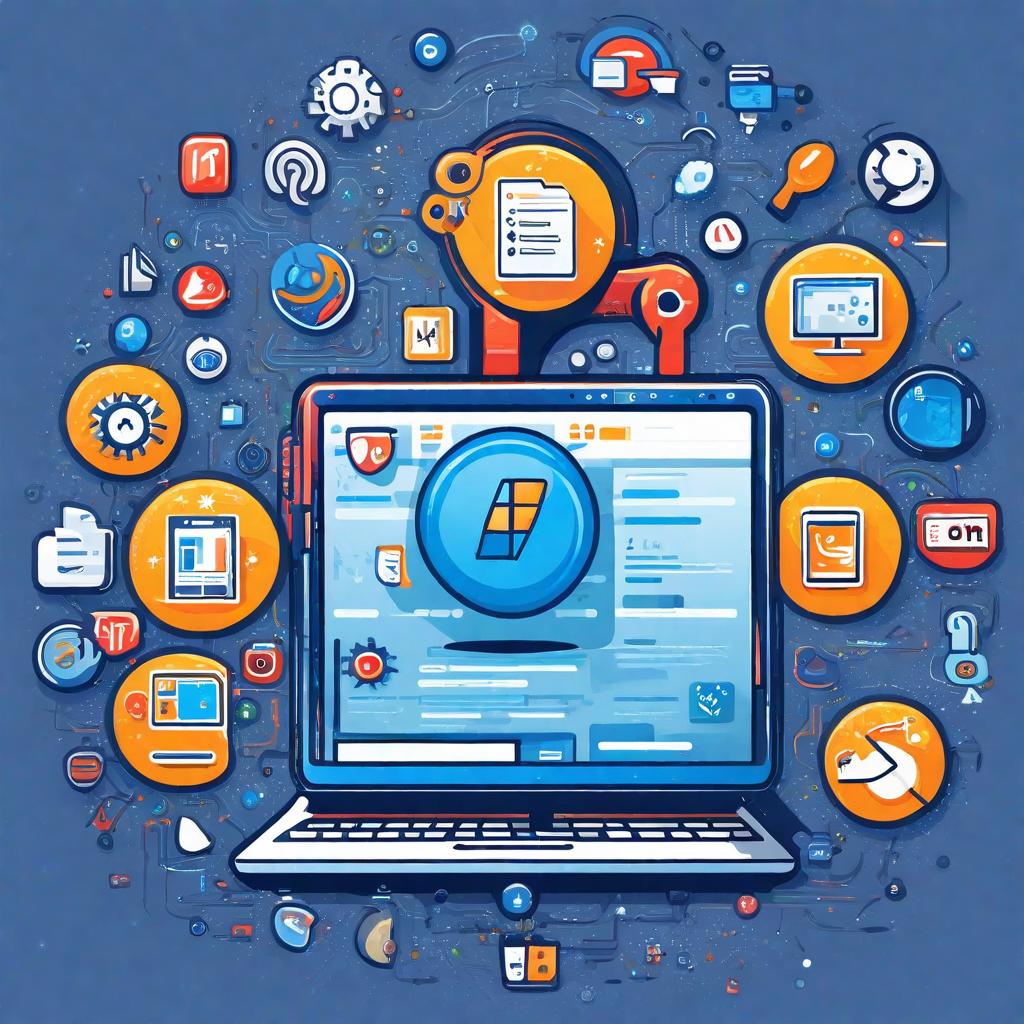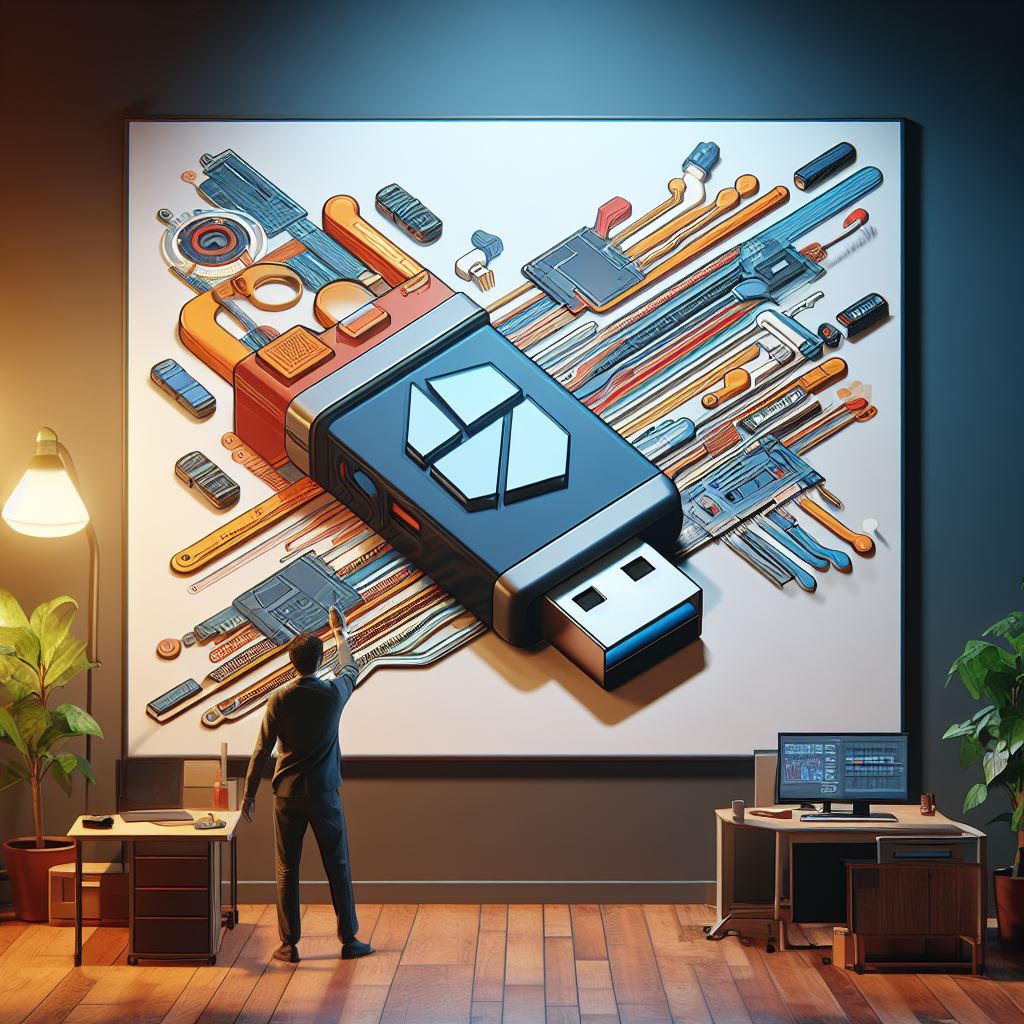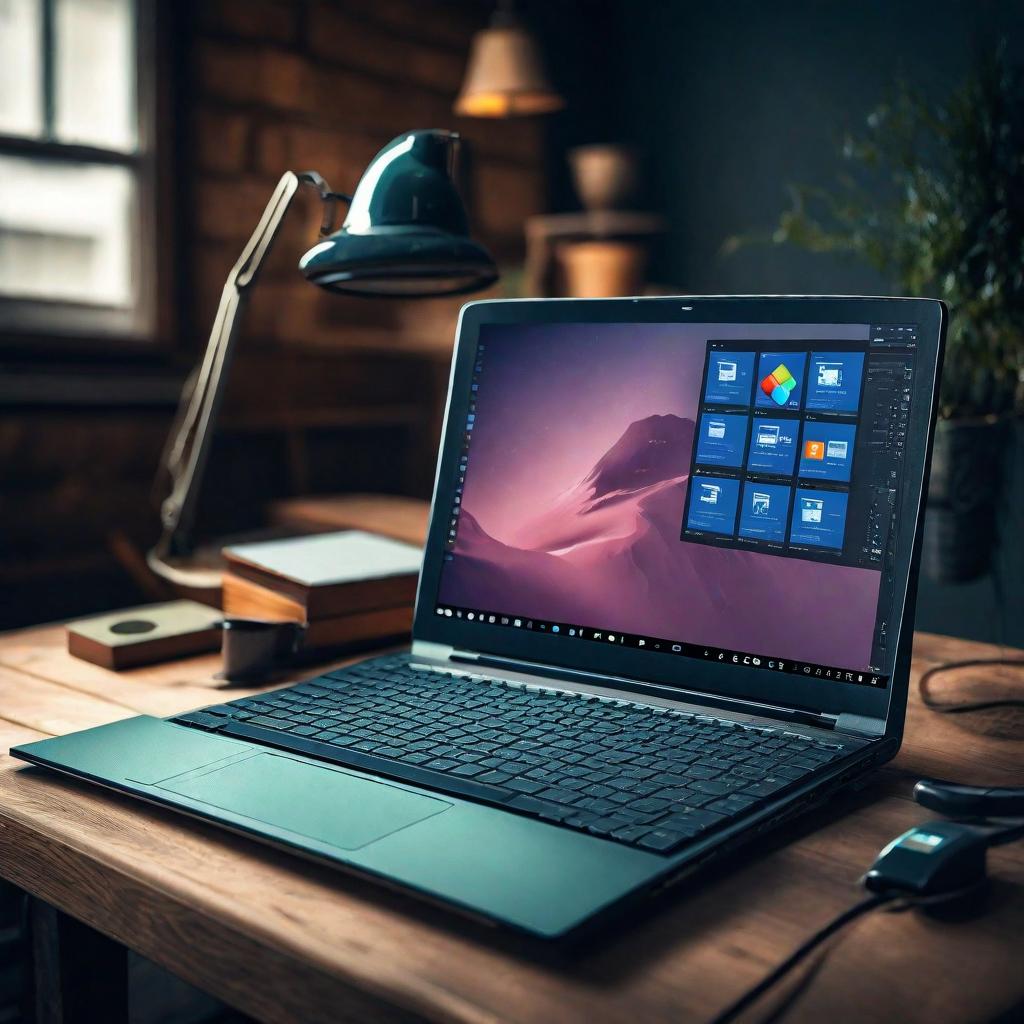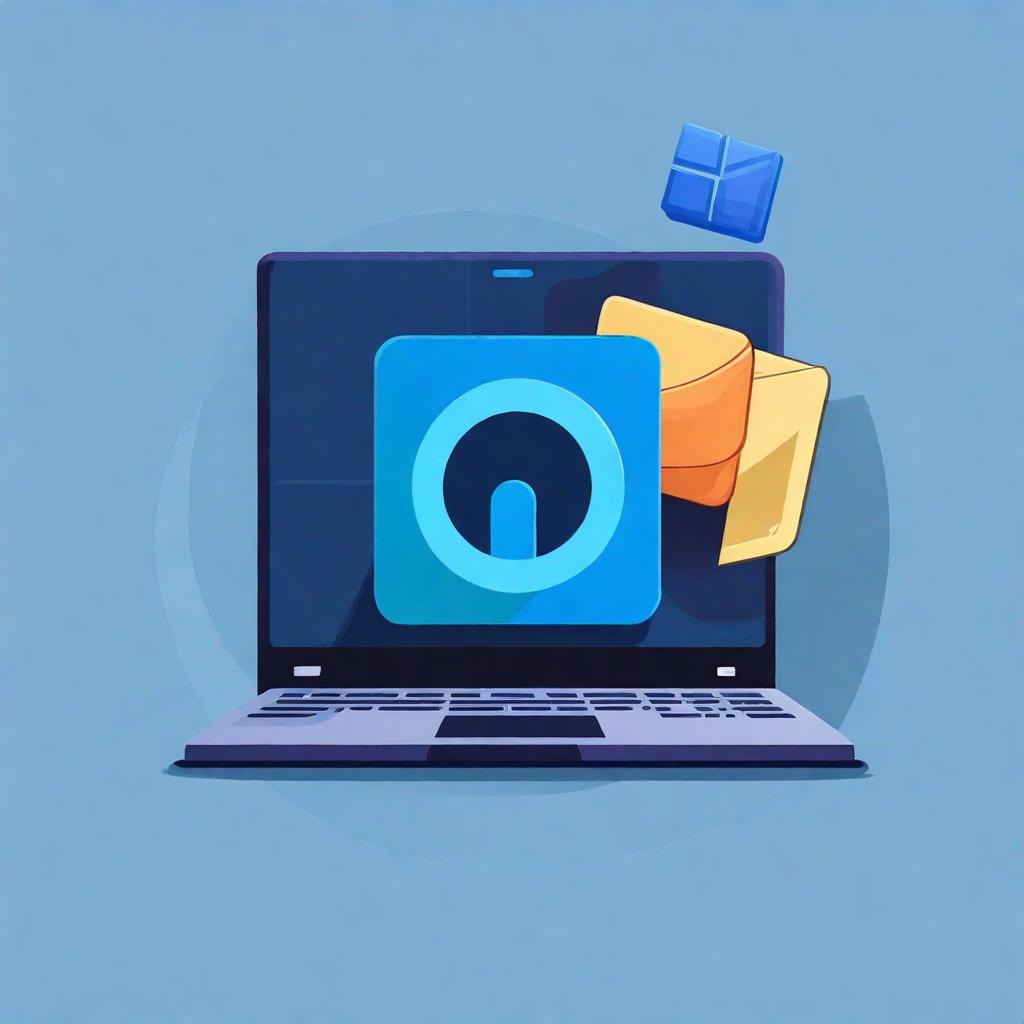Too little, too soon? This is the quickest, easiest, and fastest way to clean and speed up your computer.

What’s causing my computer’s lag? Although it’s common for your computer to function slower as it gets older, cleaning it up can seem like a lengthy task. We’ll demonstrate how to speed up and clear up space on your slow PC here. Next, see how simple it is to use AVG TuneUp to automatically speed up and clean your computer.
It’s quite natural for PC performance to gradually deteriorate over time, particularly after years of continuous use. Numerous factors can contribute to it, ranging from an excessively full disk drive to a total hardware malfunction.
Most of the time, straightforward solutions that the majority of non-technical users can undertake at home can return your computer to operating at peak efficiency. Additionally, some antivirus programs, such as TotalAV, include device optimization capabilities to further simplify the process of maintaining optimal PC performance.
These are 20 easy ways to clean and speed up your computer. These patches can help you save time and money, speed up your device dramatically, and prolong the life of your PC.
Why Do Computers Get Slower With Age?
A slow computer can be caused by a variety of factors, such as:
1.hardware that is antiquated.
2.problems with software.
3.malware on systems or viruses.
Computer parts can deteriorate after years of continuous usage, leading to reduced performance. Even while it can be a little unpleasant, this is completely natural. Even while switching to a new gadget could be tempting, there are a few things you can do to make outdated systems run faster.
Another prominent cause of computers that run slowly is software. Your device stores and processes more files the more software you install. Additionally, your machine will have to work harder to run additional CPUs, which could slow it down. Certain software can be unnecessarily slowing down your system by operating in the background, which gradually depletes your battery life and processing capacity.
Malware and viruses like ransomware, spyware, and keyloggers can also cause computer slowdowns. If you don’t have adequate internet security measures in place, these programs can infect PCs quite readily and will nearly always have an adverse effect on your system’s performance. The presence of malware on your device may not always be evident, which is why it’s critical to have a dependable antivirus program installed (I personally recommend TotalAV or Norton 360 in 2024).
Let’s now go over 17 quick and simple methods for cleaning and optimizing your computer.
- Restart your computer: The simplest solution for practically any PC issue, including general system slowdowns, is probably to restart your computer. You stop all open files, processes, open software, and tasks that are using up your computer’s processing power when you restart it. Because it will have a lot more free memory to work with when it boots up again, your computer should operate much faster.
- Stop heavy-duty tasks and programs: Your computer will slow down if it has too many open programs. Close any open programs to help your computer run faster. The Task Manager is another tool you may use to identify and terminate the programs that are consuming the most resources.
- Download a device optimization program: Programs for device optimization might help you speed up and organize your machine. One such application is TotalAV, which is one of the greatest system and performance optimizers for Windows available. After only a quick installation, the Automatic Optimizer will do a lot more, including speeding up CPU performance, cutting down on startup times and lag, clearing out system clutter, removing duplicate and cache files, and much more.
- Remove unused apps, software, and bloatware: Uninstall any software or applications that you don’t use. Your computer will operate more quickly and have more capacity on its hard drive as a result. Bloatware, or pre-installed software that takes up space on your computer, is another thing you may uninstall.
- Delete large files (manually and with disk cleanup): Large files might cause your computer to lag and take up a lot of space on your hard drive. Any big files that are unnecessary should be deleted. Additionally, you can remove unnecessary system files, temporary files, and other items by using the Disk Cleanup program.
- Delete old files and downloads: Your computer may gather a large number of outdated downloads and files over time that you no longer use. To improve computer performance and make room on your hard drive, remove these files.
- Empty your recycle bin: Files that are deleted are placed in the Recycle Bin. These files will continue to eat up space on your hard disk if you don’t empty the Recycle Bin. To increase computer speed and save up space, empty the recycle bin.
- Remove unused browser extensions: Extensions for browsers can cause your computer to lag. Eliminate any extensions that are unnecessary or not in use. Both your PC and browser will speed up as a result.
- Update your operating system and software: Updating your operating system and applications is crucial for both security and functionality. Updates can introduce new features, enhance performance, and repair issues. Verify that the most recent updates are installed on your system.
- Run a virus scan: Malware and viruses can cause your computer to lag and have other issues. To be certain that your computer is virus-free, run a virus scan. Windows Defender or an alternative antivirus software might be utilized.
- Defragment your hard drive: Your computer may grow slower as a result of fragmentation on your hard disk over time. You can get your computer to run faster by defragmenting your hard disk. Windows has an integrated disk defragmenter program that you can utilize.
- Clean your registry: The registry is a database where Windows settings and preferences are kept. Your computer may become slower as a result of the registry becoming clogged with outdated information and mistakes over time. Your computer may run more quickly if you clean your registry. A registry cleanup application is one option.
- Disable startup programs: Upon booting up, certain applications launch automatically. This may cause your computer to lag. Programs that you don’t need to start up automatically can be disabled.
- Adjust visual effects: Numerous visual effects in Windows have the potential to cause your computer to lag. You can increase your computer’s speed by adjusting these effects. These effects are modifiable using the Performance Options menu.
- Upgrade your hardware: It may be time to upgrade your hardware if you’ve tried all of these tips and your computer is still slow. Your computer can run faster if you install a solid-state drive (SSD) or additional RAM.
- Clean your computer: The accumulation of dust and debris within your computer might cause the fans and other parts to operate more slowly. Your computer can operate faster and cooler if it is cleaned. Compressed air can be used to remove the dust.
- Check your internet connection: Your computer may appear slow if you have a slow internet connection. Verify that you are receiving the speed for which you are paying by checking the speed of your internet connection.
related article: How to Move Installed Programs to a Different Drive in Windows 11
Please Follow Me on Social Media
Following me on social media is as easy as a few clicks. Simply search for my handle or name on your preferred social media platform and hit that “Follow” or “Subscribe” button. Here are the platforms you can find me on:
- Twitter: @ShahSumsh
- Instagram: @shah.alam.shumsh
- Facebook: ShahTech
- LinkedIn: YourProfile
- YouTube: ShahTech





